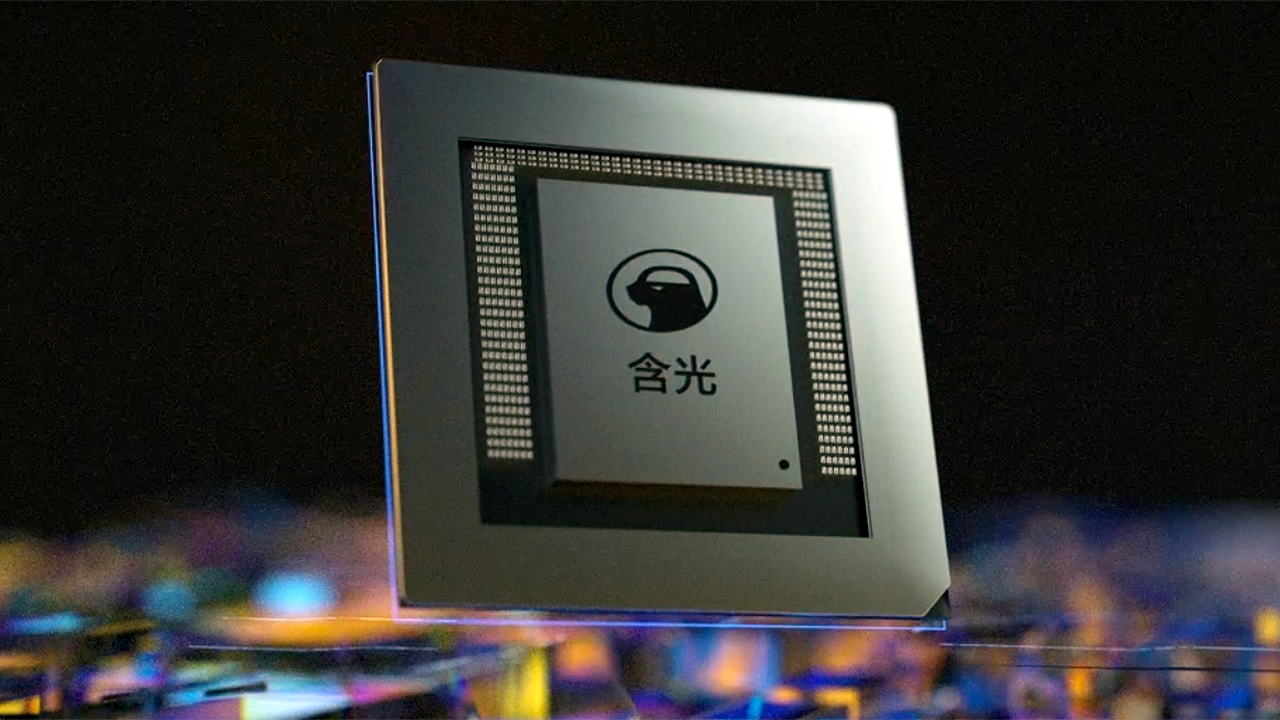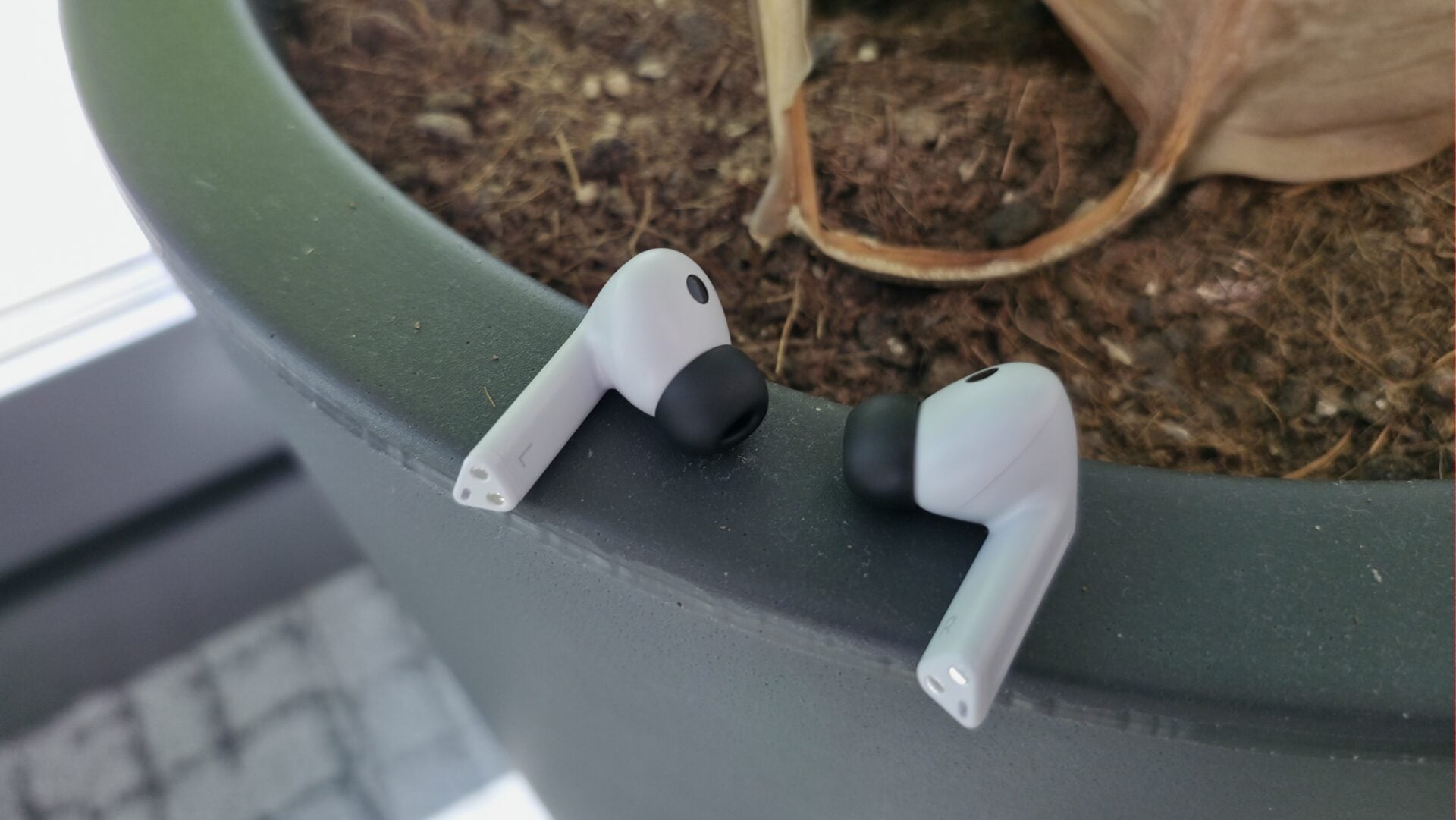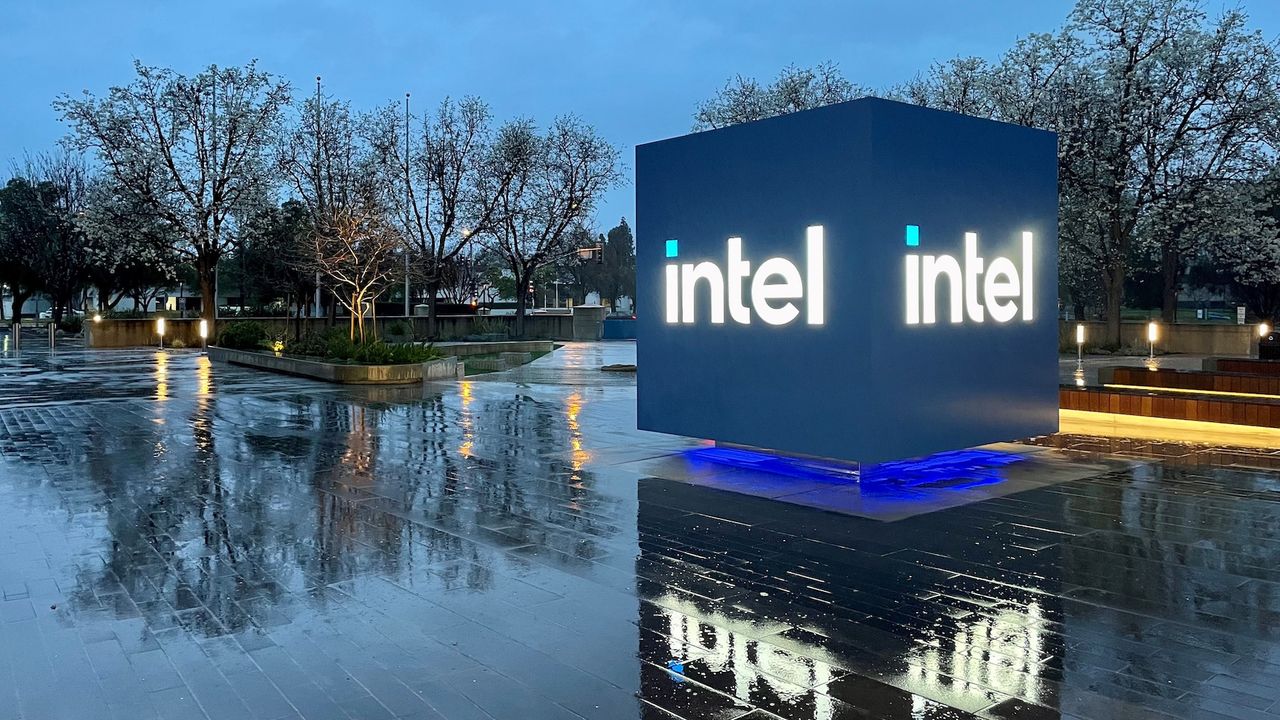
A recent study published in the IEEE’s Transactions on Cloud Computing journal has demonstrated that Alibaba Cloud’s 128-core Yitian 710 processor, developed in 2021, is currently the most efficient Arm-based server processor for database tasks in large-scale cloud environments, reports The Register. The research conducted by Dumitrel Loghin from the National University of Singapore, showcases the Yitian 710 outperforming other Arm-based processors and even surpassing Intel’s Xeon Platinum in some specific tests.
The research assessed a variety of Arm server CPUs and compared them against the Intel Xeon Platinum 8488C, which was launched in the first quarter of 2023. This comparative analysis was performed across eight different cloud platforms to determine which CPU handles database-related tasks most effectively. Among the Arm processors evaluated — Amazon’s 64-coreGraviton 2/3, Huawei’s 60-core Kunpeng 920, and Ampere’s Altra 80-core processor — the Yitian 710 emerged as a standout performer, especially noteworthy given its newer technological underpinnings. As for workloads, they included Dhrystone and Whetstone benchmarks, measuring the number of kernel system calls and execl calls each system made, testing file copy speeds, assessing the overall UnixBench score, and conducting RSA 2048 signing and verification tasks.
Alibaba’s Yitian 710 was ahead of its rivals in synthetic Dhrystone and Whetstone benchmarks and significantly challenged Intel’s Xeon 8488C, which demonstrates its huge potential. The Yitian 710 also outperformed its competitors in File Copy, UnixBench, and RSA 2048 signing and verification tests.
Despite the strengths of the Yitian 710, AWS’s Graviton 3 surpassed it in the Redis benchmark. However, the Yitian 710 maintained its advantage in handling memcached throughput and in two out of three RocksDB throughput tasks, the report says.
The study also highlighted the Yitian 710’s technological advantages, such as its use of the latest Arm instruction set architecture (ISA) and DDR5 SDRAM in 2021, which contributed significantly to its high performance. On the other hand, Huawei’s cloud offers a unique feature where two Kunpeng 920 CPUs can run in a Non-Uniform Memory Access (NUMA) topology, a capability unmatched by any other cloud provider’s Arm servers.
Cost efficiency was another focal point of the research. Although Arm servers require more system calls than their Intel counterparts (which is potentially inefficient), they still offer better value in some scenarios. This is particularly relevant as cloud providers continue to optimize for cost-effectiveness without compromising
The study suggests that with incremental improvements, such as slight increases in clock speeds and optimizations in Linux kernel system calls, Arm servers like the Yitian 710 could become even more competitive. The research recommends leveraging Arm-specific features like Scalable Vector Extensions to boost performance in respective workloads, potentially positioning Arm servers as a viable alternative to more established AMD EPYC and Intel Xeon servers in cloud computing scenarios.







